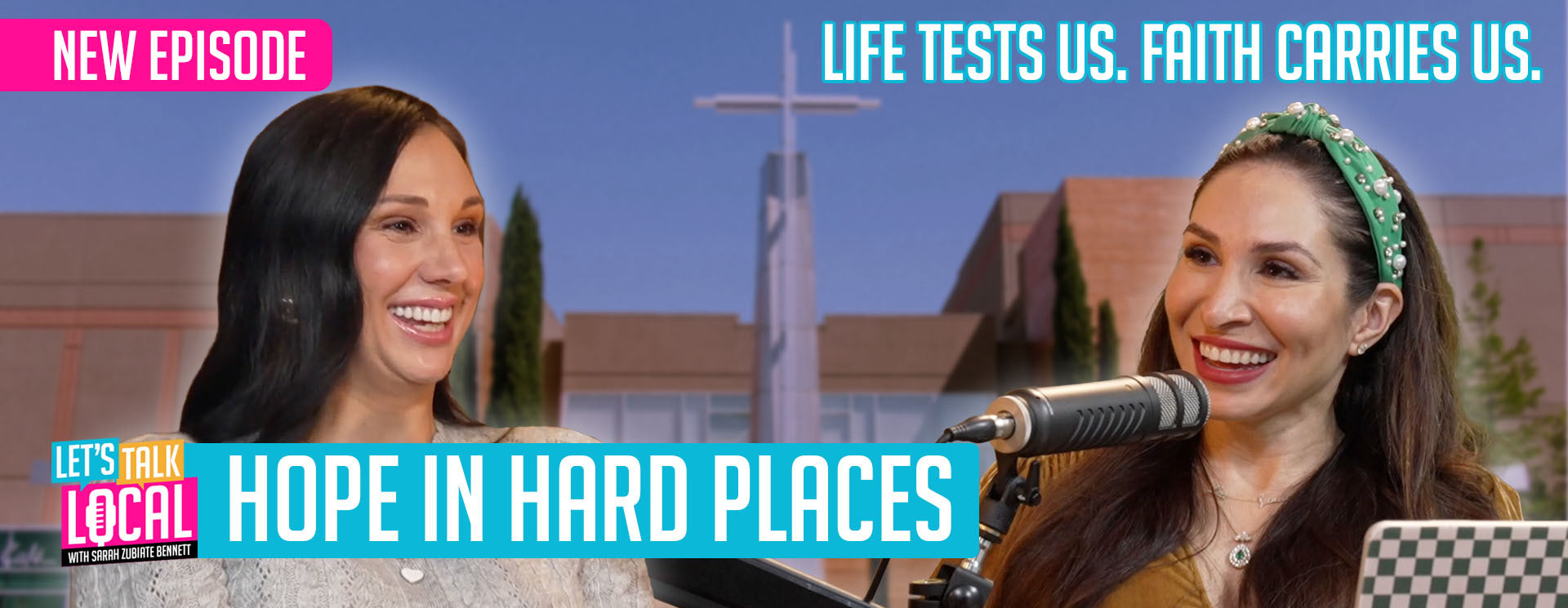The smoldering embers of the all-out war that spelled the end of Yugoslavia in the 1990s are threatening to erupt once again as the Kosovo government makes dangerous moves to consolidate power in areas where ethnic Serbs predominate.
The U.S. State Department released a statement that appeared to lay initial blame on Kosovo’s Prime Minister Albin Kurti for using force to place ethnic Albanian mayors in Serb majority areas after ethnic Serbs boycotted elections. International observers also questioned the legitimacy of those elections, per The Wall Street Journal.
As a result of the move by Kurti, there have been violent clashes between Serb protesters and local police in northern Kosovo. Serbs have borne the brunt of the casualties, with more than 50 reported injured and several arrests.
The clashes have pulled NATO-led peacekeepers into the fray, resulting in injuries to some NATO troops and prompting the State Department to warn President Vucic of Serbia to lower tensions by standing down his own armed forces.
French President Emmanuel Macron also laid the blame for the clashes on Kosovo, stating on Wednesday, “It is very clear that Kosovar authorities bear responsibility for the current situation, and there is noncompliance with an agreement that was nevertheless important, and which was secured just a couple of weeks ago,” per the WSJ.
Retired Army Colonel and former senior advisor to the Secretary of Defense under President Trump, Douglas Macgregor, spoke with The Dallas Express and provided his insight into the situation. Col. Macgregor believes that the part of Kosovo that is populated by ethnic Serbs and is the current flashpoint should have been partitioned and united with Serbia years ago, but this outcome was prevented by U.S. intervention. Macgregor noted that the U.S. flew bombers over Bosnia Tuesday, which he believes was a “signal to the Serbs, ‘get on board or we will bomb you again,’ effectively.”
The breakup of Yugoslavia culminated with a 1999 war for the territory making up modern Kosovo between ethnic Serbs, most of whom identify as Christian, and ethnic Albanians who are Muslim. NATO backed Kosovo in the war and bombed Serbia into capitulation. However, Serbia, Russia, China, and some other nations still do not recognize Kosovo’s independence.
Though Colonel Macgregor was critical of U.S. policy towards Serbia, he had a positive response to the State Department’s statement for “frankly telling the truth” and called it an “intelligent statement.”
The clash comes at a time when the United States and Europe have concerns that tensions from the Ukraine war could spill over into neighboring countries and possibly the rest of Europe. The crisis in Kosovo is validating such fears.


